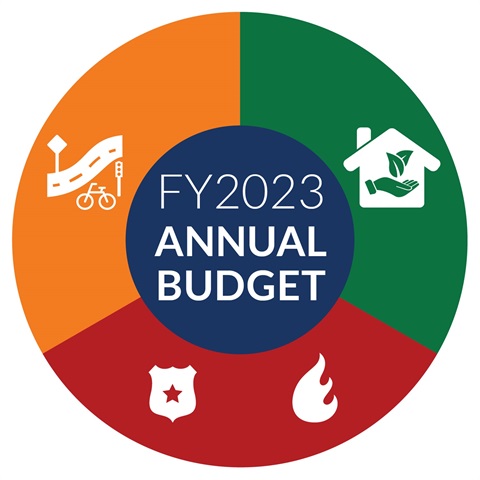City pays cash for some capital projects instead of relying on credit
Published on August 31, 2022

What it does? Uses cash, not debt, to maintain, improve and reinvest in the City’s infrastructure.
What’s the benefit to taxpayers? PayGo financing saves the City from paying interest costs on debt and lowers debt to improve financial flexibility. Improvements can be made in the current fiscal year instead of waiting for the next bond program.
What’s the budget proposal? $65,234,158.
What’s next? The mayor and council are considering this request as part of the FY23 budget. The council votes on the budget in late September.
Investing in our community’s infrastructure makes Fort Worth a great place to live, work and play. And, with more people moving to the area, maintaining current infrastructure and adding additional facilities are needed to meet the service demands.
City leaders are committed to meeting these needs. That’s why more emphasis is being placed on budgeting cash for capital infrastructure improvements. Pay-as-you-go (PayGo) financing — paying for projects with cash instead of relying on credit — has proven to be an effective tool to maintain, improve and reinvest in the City’s infrastructure.
During fiscal year 2023, streets, sidewalks, parks, street lighting and several buildings will receive improvements that might otherwise have to wait until the next bond election. These improvements are expected to cost $65.2 million and represent 7 cents of the proposed property tax rate. That’s an increase from 6.5 cents during the current fiscal year.
Funded improvements in the proposed budget will include:
- $26 million for street rehabilitation.
- $8.7 million for pavement markings. The City is moving to a three-year replacement cycle and reducing response time to 30 days over the next year.
- $3 million for streetlight improvements. There will now be 12 crews working on streetlights, and response time will be reduced to 30 days over the next year.
- $2.7 million for sidewalks.
- $1.7 million for transit initiatives.
- $4.8 million for city buildings and facilities maintained by the Property Management Department.
- $3.9 million for the Neighborhood Improvement Strategy, which selects an underserved neighborhood each year where City resources are focused on street and sidewalk repair, crime prevention, litter cleanup and other services.
- $3.6 million for technology infrastructure maintenance.
- $3.3 million for parks maintenance.
PayGo financing saves the City from paying interest costs on debt and lowers debt to improve financial flexibility. Employing this best practice for recurring capital expenditures ensures a strong foundation for financing the management of capital assets.
The City Council is scheduled to vote on adopting the budget and the tax rate at 10 a.m. Tuesday, Sept. 27, at City Hall.
View more details on the proposed budget and upcoming engagement opportunities.
Get articles like this in your inbox. Subscribe to City News.